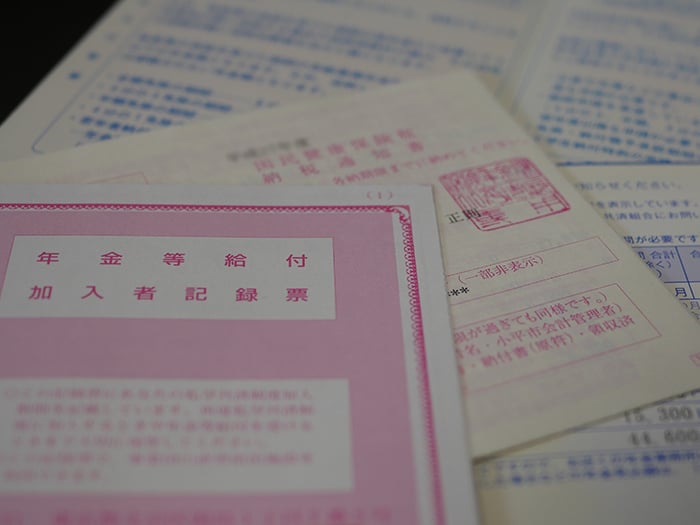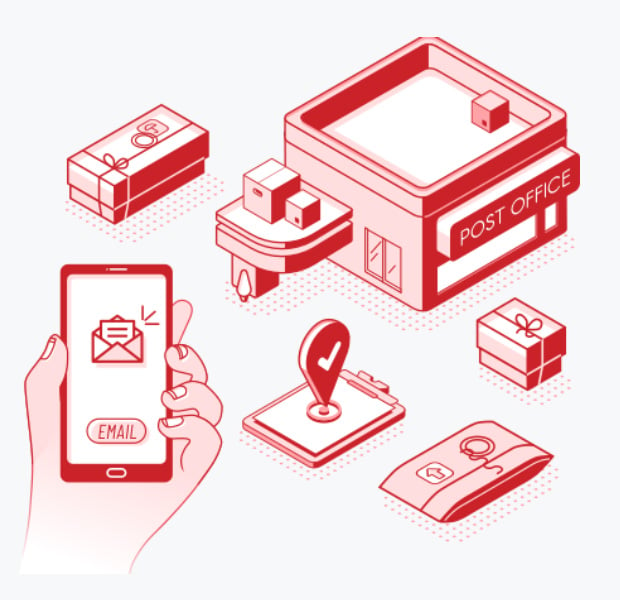
If you live in Japan, you constantly need the help of Japanese people to deal with your mail.
It’s a drag, but you need to know what to do so you don’t get in trouble with the local authorities. We can all complain that it should be their obligation to give us official documents in a language we can read, but at the end of the day we just need to get it done if we want to continue living here. So what can you do?
Ask a Japanese Coworker or Friend
Probably the most common is to ask a friend or coworker for help translating mail. The big issue with this is that it puts strain on relationships that may already have some tension given cultural differences. We’ve written in the past about overcoming cultural barriers at work, but simply by not growing up in the culture you will have issues communicating effectively, and getting things wrong.
There’s a special term in Japan for not being able to “read the air” and they call it 空気読めない (kuuki yomenai). Japan is a very high context communication culture, whereas many English speaking countries fall more on the side of low context. This means we tend to explain everything in detail, whereas in Japan you are expected to pick up on the context cues. All this can lead to friction.
Then add on top of that bringing your mail to work and asking people to take time out of their job to help you with it, and it can cause issues.
I always feel awful going to the very kind Japanese woman at work who I ask for translations, and I’ve gotten to the point of only really going to her when it’s something desperate like a red stamped letter from 国保年金 (kokuhou nenkin – national pension “service”).
Asking a friend is, in my opinion, a one or two time thing unless you have a really great friend who doesn’t mind. I can imagine feeling a bit used if your foreign friend is always asking you for free translation services, so once or twice it’s okay to ask a friend, but don’t make a habit of it.
Ask Your Japanese Girlfriend/Boyfriend
If you have a Japanese girlfriend or boyfriend, they are usually more than happy to help you with your mail… a few times. If you’re in a long-term relationship but not living together, this can start to be a real drain on your relationship. Reading official mail is annoying; even for Japanese people it is complicated and difficult to go through documents about pension, health insurance or immigration issues. I’ve found that repeatedly asking for this help from a Japanese partner can add tension that you really don’t want anywhere near an already complicated inter-cultural relationship.
My advice would be to use this one sparingly and only when you have no other option.
Learn Japanese Better (Or At Least Know Some Critical Kanji)
Survival Japanese isn’t usually enough to translate complicated letters, but knowing a few important kanji and phrases can be really helpful for you to at least know what the letter is about. Some basic examples are:
国民年金 – (Nenkin; the dreaded pension service. Ignoring these can come back to bite you
国保保険 – (Kokuho Hoken; Health Insurance)
所得税 – (Shotokuzei; Income tax)
市民税 – (Shiminzei; City Tax)
マイナンバー (MyNumber; The Japanese Income Tax Tracker)
Obviously getting good at Japanese is important for everyone living here, but some of the mail you will get is very complicated, and if it requires action on your part you may need to ask for help while you’re still getting good enough at Japanese.
Use A Mail Translation and Answering Service like Mailmate.jp

So they give you an address where you can send any of your mail, and they will scan it and send you email summaries, take packages for you and (optional) pay your bills. No more rushing to the conbini on the last day before your electricity bill is due, all of that taken care of.
The basic package essentially covers the mail address and they will get all of your mail and send you email copies, but where it really gets interesting is the professional package that will handle all your mail including packages, translate every letter and send them to you in English, and pay your bills for you. They will even assist you if you need to call a place you got a letter from (such as immigration, the ward office or the tax authorities) with a three-way translation call. This will make sure you don’t get in trouble for not being able to read the myriad letters you are bound to receive as part of the bureaucratic nightmare of Japanese government and private organisations.
In case you’re concerned, it’s all totally secured with encryption and VPN to make sure nobody sees your private letters. There aren’t any hidden extra fees either for handling more or less mail – just one monthly fee for the whole lot.
There’s a 30-day free trial so you can see if it would actually simplify your mail so you can get on with enjoying your life in Japan.

















